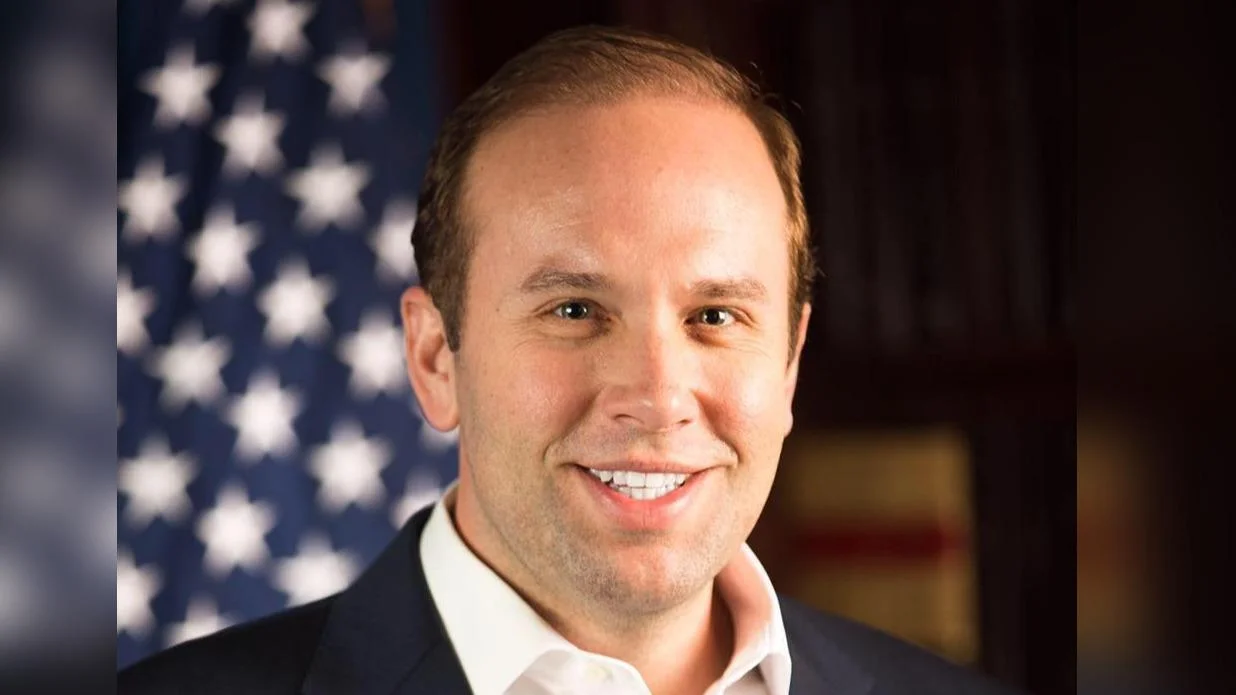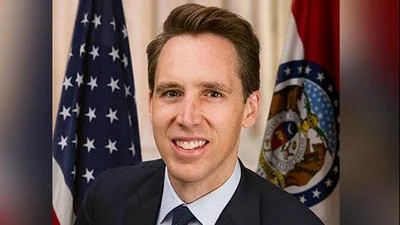Rep. Jason T. Smith, U.S. Representative for Missouri's 8th District | Official Website
Rep. Jason T. Smith, U.S. Representative for Missouri's 8th District | Official Website
A recent report from the Congressional Budget Office (CBO) highlights a growing dependency on welfare among low-income families in the United States, revealing that these families are increasingly reliant on government assistance rather than income from employment. The analysis, requested by Ways and Means Committee Chairman Jason Smith, indicates that while America's social safety net has alleviated material hardship, it has also reduced incentives to work.
The report details a significant shift since 1979 when families living below the poverty line earned about 60% of their income from work. By 2021, this figure had fallen to around 25%. The findings suggest that COVID-era benefits have accelerated this trend.
Chairman Smith commented on the CBO's findings: "This first-of-its-kind analysis provides critical insight into how our nation’s welfare system has alleviated material hardship for many of our fellow citizens but at the same time has failed to promote the dignity of work." He emphasized the need for policies that encourage employment, stating, "To improve our nation’s welfare system, we must pursue policies that will lift more Americans out of poverty – including strengthening incentives to seek a job like tying benefits to commonsense work requirements."
Smith's request for the CBO's analysis followed an October 2023 hearing by the Ways and Means Work and Welfare Subcommittee examining weaknesses in the Official Poverty Measure (OPM). The OPM does not account for all government transfers when determining poverty rates. The new report includes federal taxes, social insurance programs, and means-tested cash and in-kind transfers for a comprehensive view of household resources.
The CBO found that after adjusting for inflation, the average poverty rate decreased from 13.3% in 1979 to about 3.5% in 2021—a reduction of 9.8 percentage points. Additionally, household income for the lowest quintile increased by 132% during this period when accounting for government transfers.
Despite these improvements in poverty rates and household incomes, concerns remain about dependency on government aid. In response to these findings, Chairman Smith advocates for integrating strong work requirements into federal anti-poverty programs to foster connections to meaningful employment.




 Alerts Sign-up
Alerts Sign-up